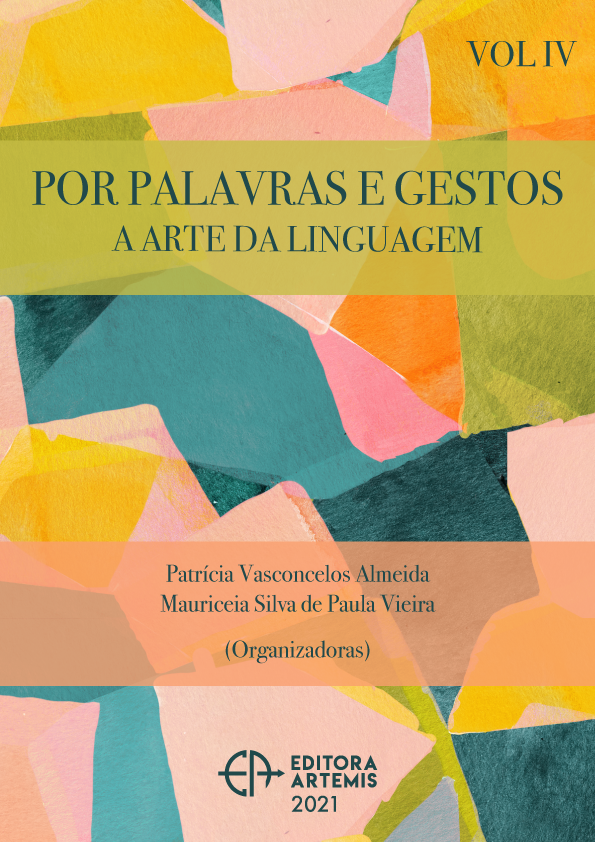
RELAÇÃO ENTRE GESTÃO DO SABER CIENTÍFICO DA LÍNGUA PORTUGUESA E A AVALIAÇÃO DA QUALIDADE DE ENSINO EM BUSCA DA EXCELÊNCIA
Falar de interferências devido à influência da língua materna, além de ser uma banalidade denota um equívoco pois não são as dificuldades encontradas pelo aluno e os erros que comete em Língua Portuguesa (neste caso tida como língua segunda) que importa, o que importa é perceber como o diálogo bilingue ou plurilingue provoca a fossilização das ditas “interferências” na LP reflectindo na verdade um processo de enriquecimento no caminho da PA (Língua Portuguesa Angolana) que nos permita, a nós professores de LP, termos um sistema linguístico normalizado para efeitos de uso no sistema de ensino. A questão torna-se mais complexa quando não se sabe ao certo qual é a LP que serve de modelo. Neste quadro queremos levantar algumas das muitas perplexidades de dimensão pragmática com que nos deparamos na nossa actividade lectiva, não tanto pelas dúvidas que os alunos nos põem mas mais pelas que nos assaltam: as questões de dimensão pragmática - as expressões sintácticas lexicalizadas. No primeiro caso a língua como instrumento de cognição engendra aceitabilidades divergentes que só não alimentam o preconceito linguístico se remetidas para variantes consideradas pela comunidade académica. No segundo caso, a fixação das expressões sintácticas lexicalizadas alimenta o valor elocutório do discurso com uma forte marca cultural: Quem em Portugal entende quando um angolano diz: «Fazer boa Muxima» e quem em Angola entende quando um português diz: «ver Braga por um canudo»? Conclui-se que no estádio actual do saber no domínio do ensino de LP em Angola não é possível avaliar a relação ensino/qualidade sem que se desbrave o caminho para a assunção de uma Língua Portuguesa variante Angolana (PA) tal como se reconhece haver a variante Europeia (PE) e a variante Brasileira (PB).
RELAÇÃO ENTRE GESTÃO DO SABER CIENTÍFICO DA LÍNGUA PORTUGUESA E A AVALIAÇÃO DA QUALIDADE DE ENSINO EM BUSCA DA EXCELÊNCIA
-
DOI: 10.37572/EdArt_2901212791
-
Palavras-chave: Língua Portuguesa; Português Europeu; Português Angolano; avaliação; frases idiomáticas
-
Keywords: Portuguese Language; European Portuguese; Angolan Portuguese; evaluation; Idiomatic sentences
-
Abstract:
Interferences due to influence of the mother tongue, besides being a banality denotates a misunderstanding because what matters is not the difficulties of the students and his errors in Portuguese language (PL) (as a second language) but understanding how the bilingual or plurilingual dialogue promotes the fossilization of such “interferences” in the PL reflecting a process of enrichment toward of the Portuguese Language of Angola (AP). A process that allows us, teachers of PL, to have a standardized linguistic system for the system of education. The matter is more complex when we do not know which Portuguese language variant is the model to follow. Thus, in this article we want to work with some perplexities of a pragmatic dimension that we encounter in our teaching activity, not so much for the doubts of our students, but for our own doubts about the questions of the pragmatic dimension - the syntactic lexicalized expressions. In the first case, the language as an instrument of cognition engenders divergent acceptabilities that only do not nourish linguistic prejudice if referred to variants considered by the academic community. In the second case, the fixation of lexicalized syntactic expressions nourishes the eloquent value of the speech with a strong cultural feature: who in Portugal understands when an Angolan says, “Fazer boa Muxima” and who in Angola understands when a Portuguese says: “ver Braga por um canudo”? We consider that in the current moment is not possible to evaluate the relation teaching/quality without recognizing the variant of the Portuguese of Angola (AP) the same way that we recognize European Variant (EP) and the Brazilian variant (PB).
-
Número de páginas: 15
- Eugenia Kosi
- Pedro Angelo da Costa Pereira

